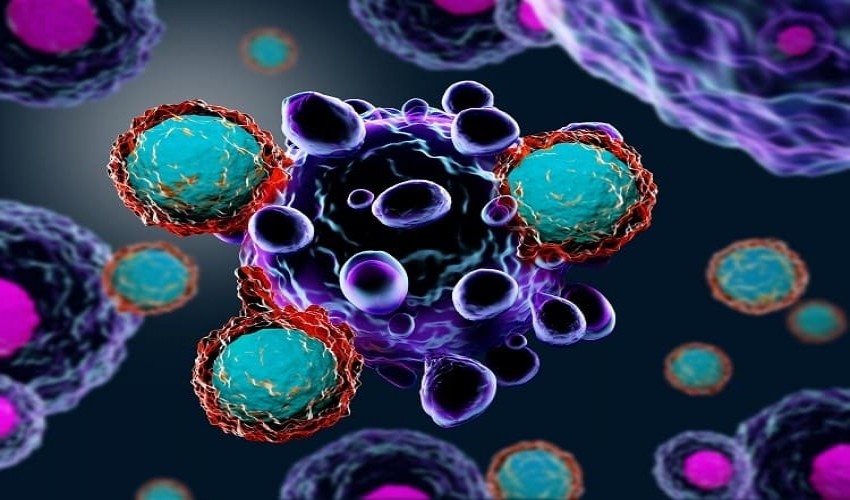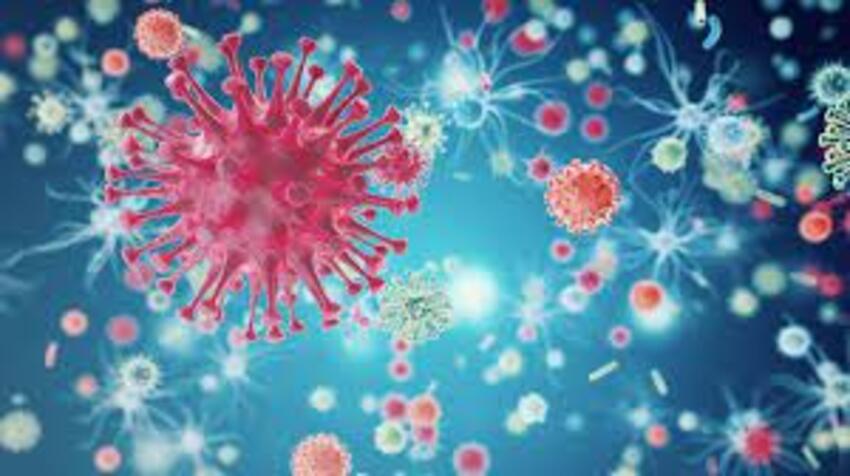
Oncology
Oncology is a branch of medicine that deals with the prevention,
diagnosis, and treatment of cancer. A medical professional who practices
oncology is an oncologist.
Cancer survival has improved due to three main components: improved prevention efforts to reduce exposure to risk factors (e.g., tobacco smoking and alcohol consumption), improved screening of several cancers (allowing for earlier diagnosis), and improvements in treatment.
Cancers are often managed through discussion on
multi-disciplinary cancer conferences where medical oncologists, surgical
oncologists, radiation oncologist, pathologists, radiologists, and organ
specific oncologists meet to find the best possible management for an
individual patient considering the physical, social, psychological, emotional,
and financial status of the patient. It is very important for oncologists to
keep updated with respect to the latest advancements in oncology, as changes in
management of cancer are quite common.
Oncologists must first diagnose a cancer, which is usually
carried out via biopsy, endoscopy, X-ray, CT scanning, MRI, PET scanning,
ultrasound or other radiological methods. Nuclear medicine can also be used to
diagnose cancer, as can blood tests or tumor markers. Oncology is often linked
with hematology, which is the branch of medicine that deals with blood and
blood-related disorders.
Once a diagnosis is made, the oncologist discusses disease stage with the patient. Staging will dictate treatment of the cancer. Chemotherapy — which is defined as the destruction of cancer cells — may be used, as well as radiation therapy. Surgery is used to remove tumors. Hormone therapy is used to treat certain types of cancers, and monoclonal antibody treatments are gaining popularity. Research into cancer vaccines and immunotherapies is ongoing. Palliative care in oncology treats pain and other symptoms of cancer.
- Imaging Techniques of Cancer Diagnosis and Management
- Invasion and Metastasis
- Pharmacology of Cancer Chemotherapy
- Specialized techniques of Cancer Diagnosis and Management
- Etiology of Cancer
- Clinical Trials in Cancer
- Vascular Access and Drug Delivery
- Epidemiology of Cancer
- Cancer Screening
- Sarcomas of Soft Tissue and bones
- Benign and Malignant Mesotheliomas
- Lymphomas
- Leukemias and other hematological syndromes
- Molecular Biology of Cancer
- Malignant Melanoma
- AIDS related malignancies
- Oncogenes and Cytogenetics
- Neoplasms of CNS
- Oncological emergencies
- Newer drugs of cancer treatment
- Cancers of childhood
- Treatment of metastatic cancers
- Newer approaches of cancer treatment
Recent Published
Submit Manuscript
To give your manuscript the best chance of publication, follow these policies and formatting guidelines.


